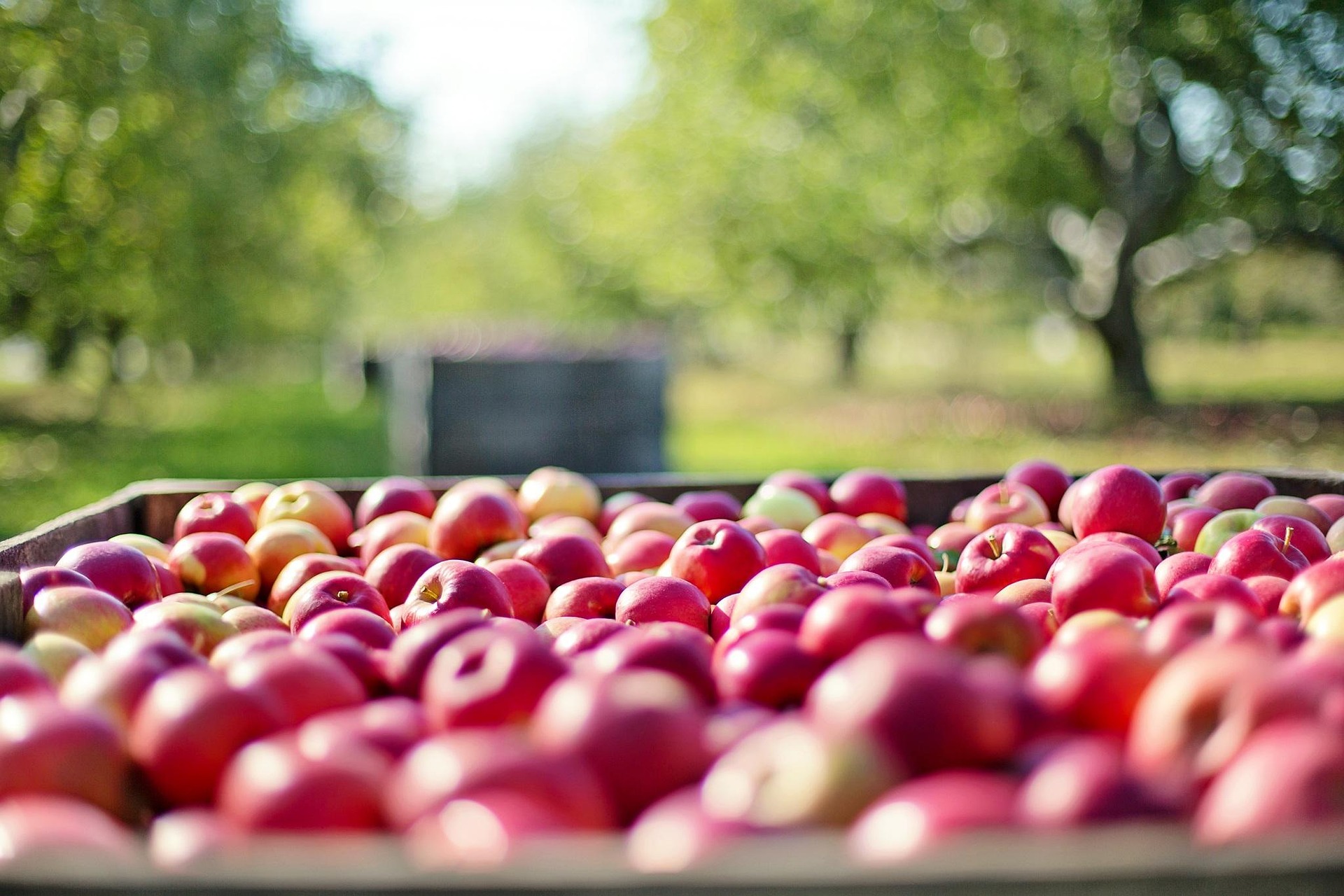Media release
From:
Organic agriculture is an increasingly popular management approach, embraced by growers and consumers alike for its potential to reduce environmental impacts.
However, a new Flinders University study of Adelaide Hills apple orchards suggests that soil health is more complex than management labels alone, with conventional and organic orchards showing surprisingly similar results.
“This study challenges the idea that differences between conventional and organic apple orchard management create large changes in soil health, as we found high similarity in key soil health indicators,” says Flinders University PhD candidate Kate Matthews, lead author of a new paper in Applied Soil Ecology.
“Many studies have shown that organic management can enhance soil biodiversity, however, our study did not support these results,” she says.
Conducted in 2023, the study explored the soils of apple organic and conventional orchards in the Adelaide Hills, comparing them to native bushland nearby.
“Interestingly, soil biology in the organic sites shared a higher similarity to the conventional sites than to the native bushland.”
Organic agriculture is a type of agricultural management which uses natural inputs and ecological processes to enhance food production. These types of production systems face many challenges, including the tension between environmental sustainability and profitability.
Although the organic and conventionally managed orchards differed in the use of synthetic inputs and pesticides as expected, they shared a lot of similarities in other aspects of orchard management.
“We found many similarities in the management practices between organic and conventional orchards, with many conventional growers using methods typically associated with organic or regenerative systems, such as green manuring and mulching. This may explain why did not detect strong differences in key soil health indicators between the organic and conventional management,” Ms Matthews says.
“These minimal differences are most likely due to the variability of management practices across different orchards, including within both orchard types. This highlights the need for a more nuanced approach that moves beyond broad management labels and considers individual practices or combination of practices”, researchers conclude.
The latest article, ‘Comparing apples and apples; evaluating the impact of conventional and organic management on the soil microbial communities of apple orchards’ (2025) by Kate E Matthews, Martin F Breed, Erinne Stirling, Lynne M Macdonald and Timothy R Cavagnaro has been published in Applied Soil Ecology DOI: 10.1016/j.apsoil.2025.106470.
Multimedia




 Australia; SA
Australia; SA


